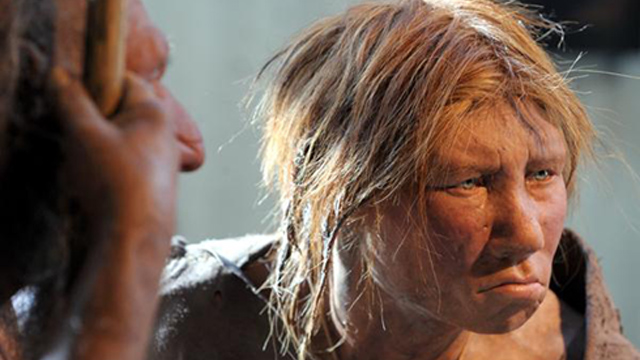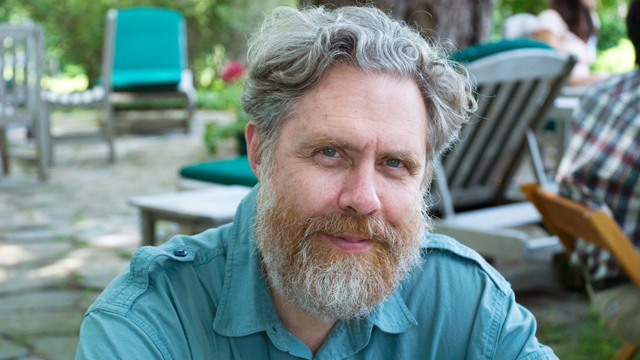
If you’ve ever wanted to be a mom but just can’t stand humans, this may be the opportunity you’ve been waiting for. A Harvard geneticist named George Church is looking for an “adventurous human female” to play surrogate mother to a cloned Neanderthal, the long-extinct relative of humans. Church says that even though there are a lot of factors at play, this type of cloning could be performed in our lifetimes.

Church is one of the geneticists who helped start the Human Genome Project that decoded our own DNA, so the question of Church and his team’s skill is null. In an interview with German publication Der Spiegel, Church detailed the process that would hypothetically be used in the process:
The first thing you have to do is to sequence the Neanderthal genome, and that has actually been done. The next step would be to chop this genome up into, say, 10,000 chunks and then synthesize these. Finally, you would introduce these chunks into a human stem cell. If we do that often enough, then we would generate a stem cell line that would get closer and closer to the corresponding sequence of the Neanderthal. We developed the semi-automated procedure required to do that in my lab. Finally, we assemble all the chunks in a human stem cell, which would enable you to finally create a Neanderthal clone.

Church believes that the project would be beneficial to humanity as a whole. For example, he states that Neanderthals are not at all like their stereotypes, and that they may be equally or more intelligent than modern humans. He cited the fact that Neanderthals created simple stone tools. Modern humans all belong to the same species (we’re a “monoculture”), and as such we’re more vulnerable to a mass extinction. Incorporating Neanderthal DNA into our bloodline could mean that our chances of survival would be better in the case of an epidemic.

A slew of ethical issues surrounds the project, and criticisms are coming from bioethicists, religious medical figures and fellow geneticists. Besides the fact that human cloning is illegal in most countries, the clones may lack the ability to fend off modern diseases, and the cloning process itself has been known to cause deformities. The social implications of the intermingling of modern humans and Neanderthals could be even more damaging. This type of cloning is so new that it may not fall under the jurisdiction of current anti-cloning laws.

There are tons of hypothetical reasons that the project wouldn’t work, but no one will actually know for sure until when and if the cloning is attempted. Now that you know at least some of the facts, you hopeful mothers can make an informed decision.
What say you of all this? Would you be opposed, or would you welcome a Neanderthal into your community (or uterus) with open arms? Sound off in the comments.